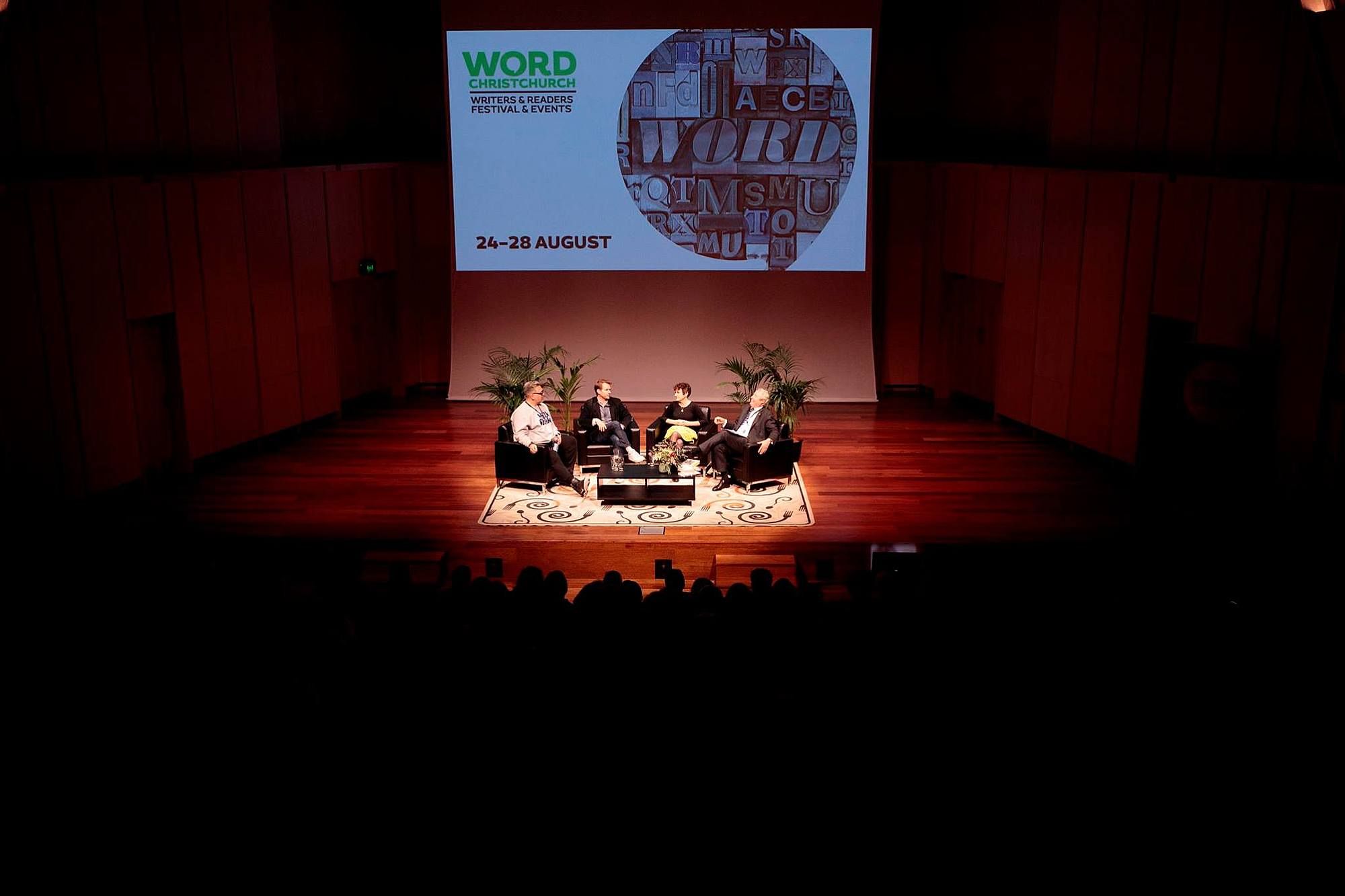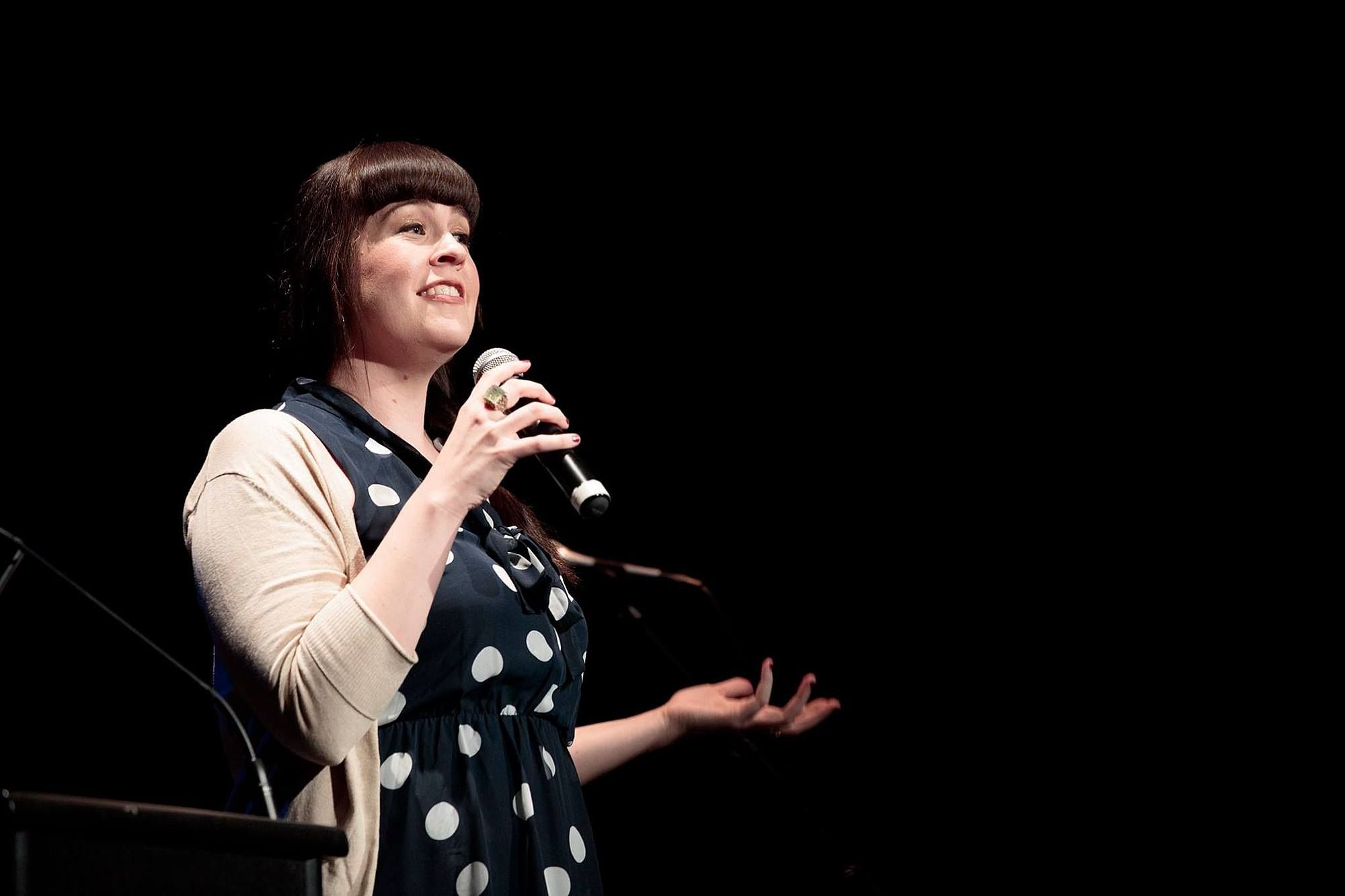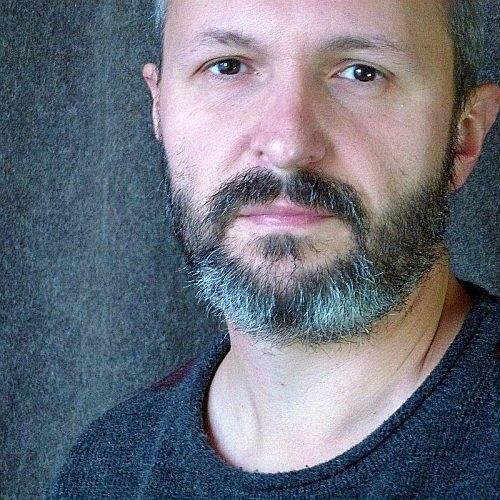The Death of Journalism, the Death of Ideas, and the Death of Us: WORD Christchurch 2016
Giovanni Tiso reports back from Christchurch's Writers & Readers Festival with notes on death, reality TV, and the future of journalism
Giovanni Tiso reports back from Christchurch's Writers & Readers Festival with notes on death, reality TV, and the future of journalism
I have a soft spot for WORD Christchurch, which is where I got to know Christchurch, post-quake. This year, sessions took place at the newly re-opened Art Gallery (worth a visit to Canterbury all on its merry own) and at the newly built concert hall known as The Piano. Walking from one to the other, you were reminded, at every corner, of the backdrop that any cultural and social activity still needs to account for: the destruction and slow reconstruction of our second largest city.
So for instance (and most obviously), talking about death in Christchurch is not the same thing as talking about it in a city whose wounds aren’t quite so open. I didn’t know what to expect of the session starring mortician-turned-author Caitlin Doughty, as I'd been struggling to make my way through her book and push my way past sentences like ‘Death had brought them all here for a kind of United Nations summit, a roundtable discussion on nonexistence.’
In real life, Doughty is the opposite of turgid or glib. She's clear-minded, forthright and extremely well-spoken. Her passion for what she calls ‘death education’ is infectious and by the end of her hour-long conversation with Christchurch coroner Marcus Elliott, I found myself resolving never to embalm my loved ones. Her message – that Western societies should reclaim caring for our dead as a fundamental life activity, and not as a dispassionate and clinical task for technicians – struck me as especially timely for our epoch. It also has, in Aotearoa, a particular cultural significance that she was careful to acknowledge. Clearly used to the stage, Doughty made sure she left room to note that, if you lay dead for long enough, ‘your cat would totally eat your eyeballs’. Which, in context, came across as an almost profound statement.
Physically and mentally racing from different festival events never stops being disconcerting, and my next one had a very different brief: whether there's a divide in New Zealand between popular culture and the highbrow, or whether we instead live in an ‘age of encroaching anti-intellectualism’. The panel of ivory-tower, dyed-in-the-wool snobs who never put in a honest working day in their lives – from left to right: Damien Wilkins, Alex Casey, Erin Harrington and Anthony Byrt – reckoned it’s a definite no to the first question (Harrington: ‘It’s all one brow; a mono-brow’) but were somewhat divided on the second.
The star of this particular show was art critic Byrt, whose understanding of anti-intellectualism as a political strategy in they Key era anchored a discussion that might have otherwise been too vague. His leading role was appropriate, since the panel had been convened to respond to his excellent essay for Metro on the importance of ‘difficult’ art.
The discussion, ably steered by curator Lara Strongman, produced an interesting, (and, I note, gendered) divide around the question of the value of otherwise of ‘reality culture’ (as opposed to ‘popular culture’). All the panellists readily admitted to consuming reality or reality-adjacent programming, but Wilkins and Bryt concurred that the cynicism of products like Real Housewives of Auckland makes them inherently anti-intellectual. Casey and Harrington’s equally valid argument - that reality culture can be a lens through which to view popular culture more generally, vividly demonstrated by the intense interest and debates that surround it - left me wondering if the disagreement came down to cross-purpose definitions. At one stage, Wilkins admitted to being a satisfied consumer of The X Factor, but added that The X Factor will never be a Chuck Berry album. That's surely not the point of The X Factor, I thought, and I suspect everyone else in the room did too, but I'd need to read a lot more of Casey and Harrington’s writing before I feel confident explaining why.
Both my own schedule and the festival's ended with a 75-minute discussion on the state of our media, moderated by Russell Brown and featuring contributors from Freerange Press’ Don’t Dream It’s Over – Reimagining Journalism in Aotearoa, which was launched in the coda to this year’s WORD.
(Declaration of interest: I’m one of the editors.)
(Savvy cross-promotion: read an excerpt on this very website.)
Paula Penfold, Cate Honore Brett, Simon Wilson, Morgan Godfery and Spinoff supremo Duncan Greive – who didn’t write for the book, but sat in the middle of the tableau in an orange jumper like the visible beacon of hope that he is – had the difficult task of unpicking the crisis of the journalism industry without turning the session into an extended gripe and losing sight of the point of the conversation, which was to look for ways forward and out.
The go-to solution which the group circled back to several times was, not surprisingly, public funding – and none with more passion than the guy who currently makes his living (and that of his thirteen employees) by securing direct sponsorships. After a week during which the campaign found two unlikely supporters in Tim Murphy and Mark Jennings, there was a general agreement that politicians would have to get on board at some point. But when? And how many more crises can journalism weather in the interim before the local base is too eroded to rebuild from?
How many more crises can journalism can weather in the interim before the local base is too eroded to rebuild from?
The session was poised between optimism – for the brilliance of young journalists and the myriad new forms that journalism can, and will, undoubtedly take – and the more discomfiting picture of a profession that's struggling to retain that talent and to channel its energy beyond maximising clicks. As Brett pointed out, it’s time to go back to first principles, ask again what journalism precisely is for, and how best to support its several functions, all while keeping an eye on the ticking clock. I left – both the session and WORD – thinking that the next election, three years after the one that was dominated (and at the same time, unaltered) by Dirty Politics, could yet be defined by journalism, and in a way we can actually rally behind.
Elsewhere: Read Elizabeth Heritage and Kathy Watson’s coverage of WORD here


